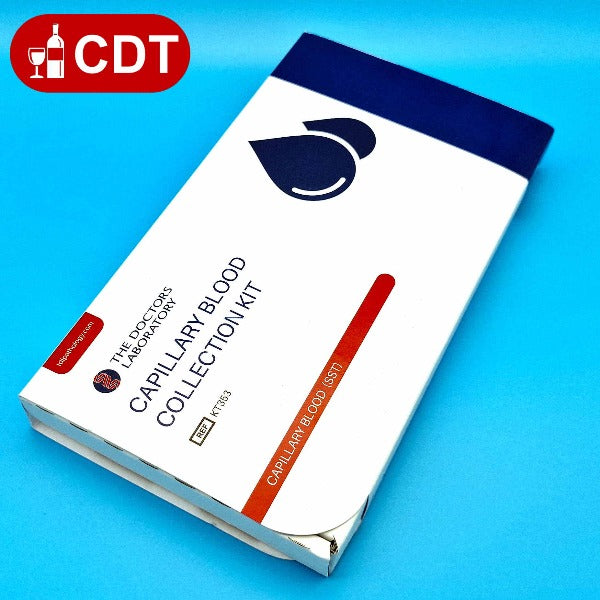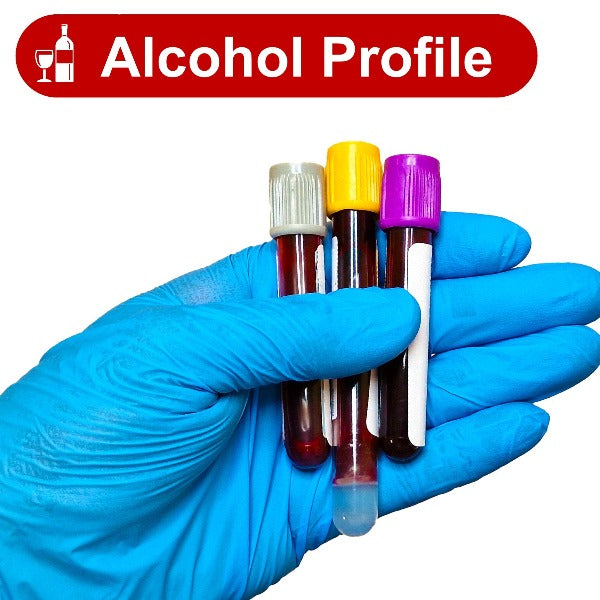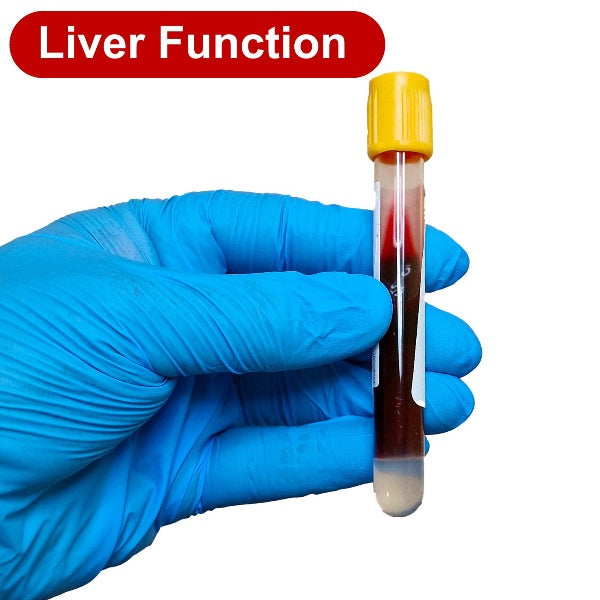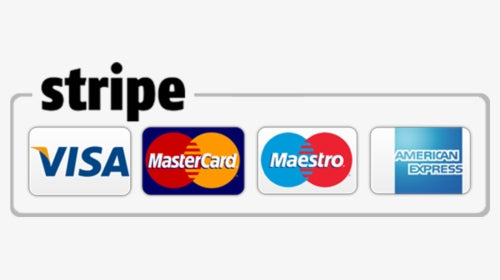
How to Prepare For and Pass Your DVLA Medical and CDT Test
How to Pass Your DVLA Medical and Regain Your Licence
Preparing for your DVLA medical can help you regain your licence sooner. Focus on improving your health, reducing alcohol intake, and following official guidelines. This approach increases your chances of passing the DVLA blood test, a Carbohydrate Deficient Transferrin (CDT) test, and medical assessments.
Understand the DVLA Medical Requirements
A DVLA medical for drink driving involves strict rules. Doctors check your alcohol history, perform physical examinations, and analyse blood samples. These tests detect any ongoing alcohol misuse or dependency. Passing these tests reassures the DVLA that you are safe to drive again.
Reduce Alcohol Intake Before the DVLA Medical
Stop drinking alcohol well before your DVLA medical date. Aim for several weeks of total abstinence. This gives your body time to normalise important blood markers. Lowering your CDT levels improves the likelihood of passing the DVLA blood test and regaining your licence.
Improve Your Overall Health
Adopt a healthier lifestyle before your DVLA medical. Eat balanced meals rich in vitamins and minerals. Exercise regularly to support better circulation and liver health. Adequate sleep helps stabilise your mood and improves overall well-being. These measures promote reliable test results and a smoother medical process.
Complete the DVLA Medical Questionnaire Honestly
Answer the DVLA drink drive medical questionnaire truthfully. Honesty shows that you understand your responsibilities and respect road safety regulations. Inaccurate information can lead to delays, further assessments, or refusal of your licence reinstatement.
Prepare for the CDT Blood Test
The DVLA CDT test checks for long-term alcohol misuse. Abstaining from alcohol reduces CDT levels and improves your test outcome. The DVLA blood test for alcohol also measures recent drinking patterns. Consistent sobriety ensures better results and supports your case for licence reinstatement.
What are the DVLA CDT Levels?
To pass a DVLA CDT test, you need to have a CDT level of 2.2% or less. A CDT level above 2.2% may indicate problematic alcohol consumption, and a level above 3% may indicate alcohol dependence.
To ensure you pass the test, you can abstain from drinking alcohol for at least four weeks before taking the test. You can also try these tips to reduce your CDT levels:
- Set goals, such as choosing alcohol-free days
- Be aware of standard drink sizes
- Select days when you don't drink at all
The CDT test measures the amount of CDT in your blood, which can indicate your alcohol consumption patterns over the previous two to three weeks. CDT levels return to normal after abstinence, with a half-life of 14 days.
If you fail the CDT test, you may face restrictions on your driving, mandatory rehabilitation programs, or retests.
Consider doing your own CDT test
Undergoing a DVLA medical creates a lot of anxiety as getting your driving license back is so important. Consider doing your own CDT test just to make sure it's normal before you attend for your DVLA medical. Try not to do this last minute otherwise it will create more anxiety as you wait for your results.
Consider Professional Support
If you find it challenging to stop drinking, seek medical advice. A doctor or alcohol support service can offer tailored guidance. This extra help improves your chances of passing the DVLA medical and regaining your licence sooner.
Know Your Next Steps After the Medical
Once the DVLA receives your medical results, they decide if you can drive. If you fail, consider making lifestyle changes and reapplying later. If you pass, follow any DVLA recommendations and stay committed to safe driving habits.
Focus on Long-Term Road Safety
After regaining your licence, maintain responsible drinking habits. Keep your alcohol consumption low and ensure you never drive when unfit. Your ongoing commitment to safe driving helps keep you, and other road users, protected.
Summary
By following these steps, you can increase the likelihood of passing your DVLA medical. Consistent sobriety, honest communication, and healthy habits all contribute to a successful outcome. Implementing these strategies supports safer roads and a smooth return to driving.
Our CDT Tests
- Choosing a selection results in a full page refresh.





